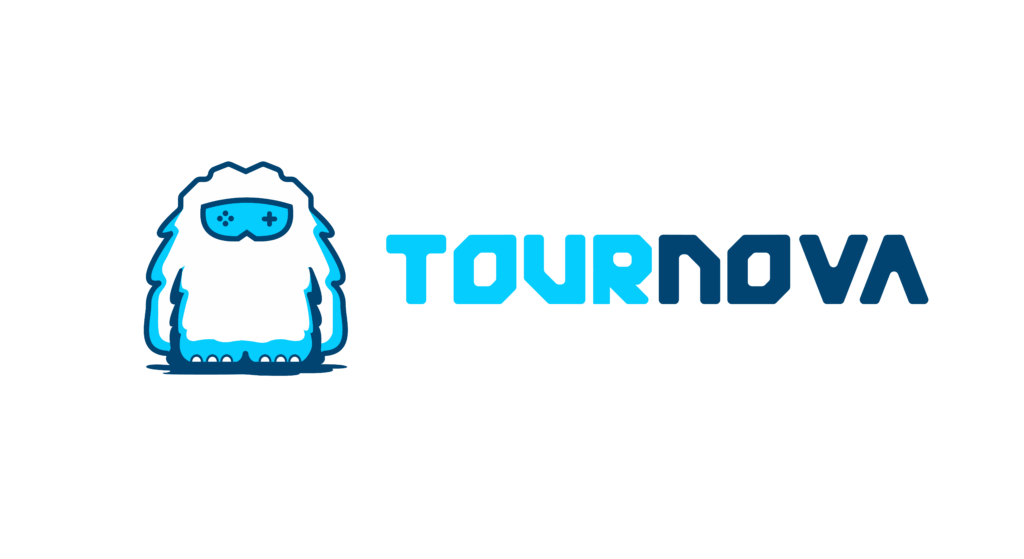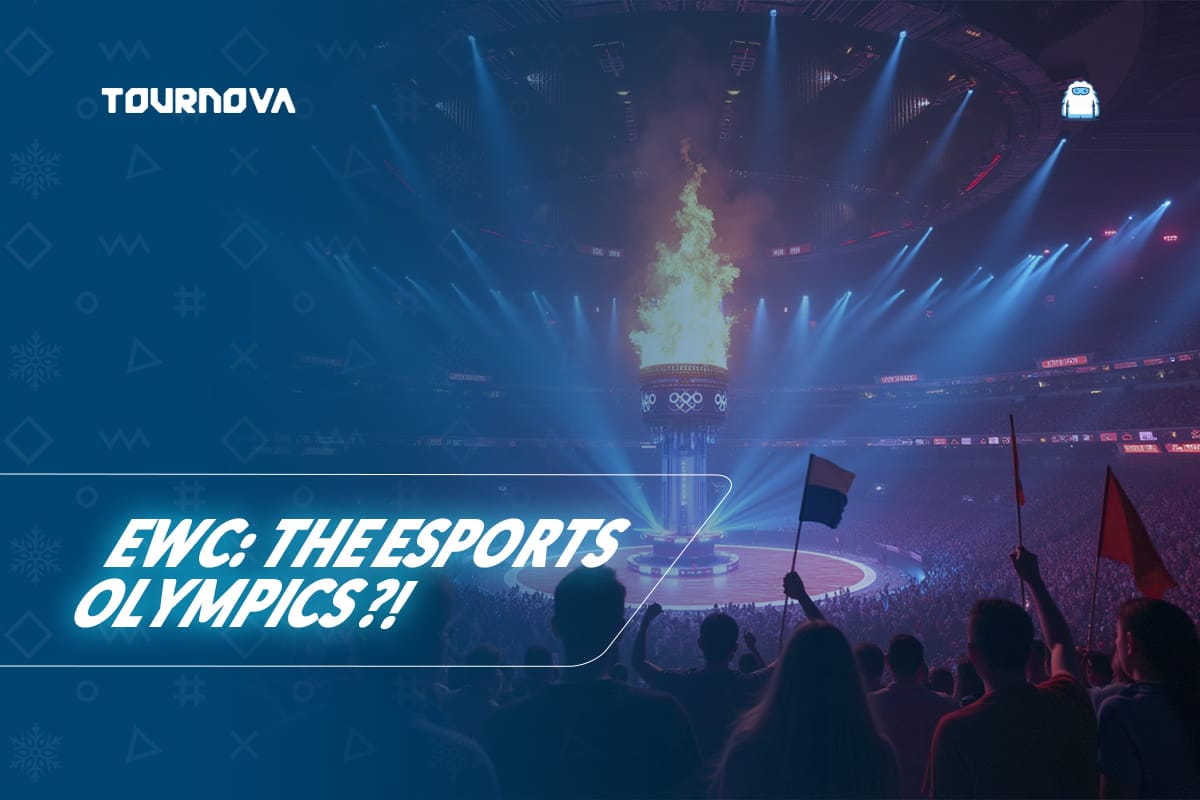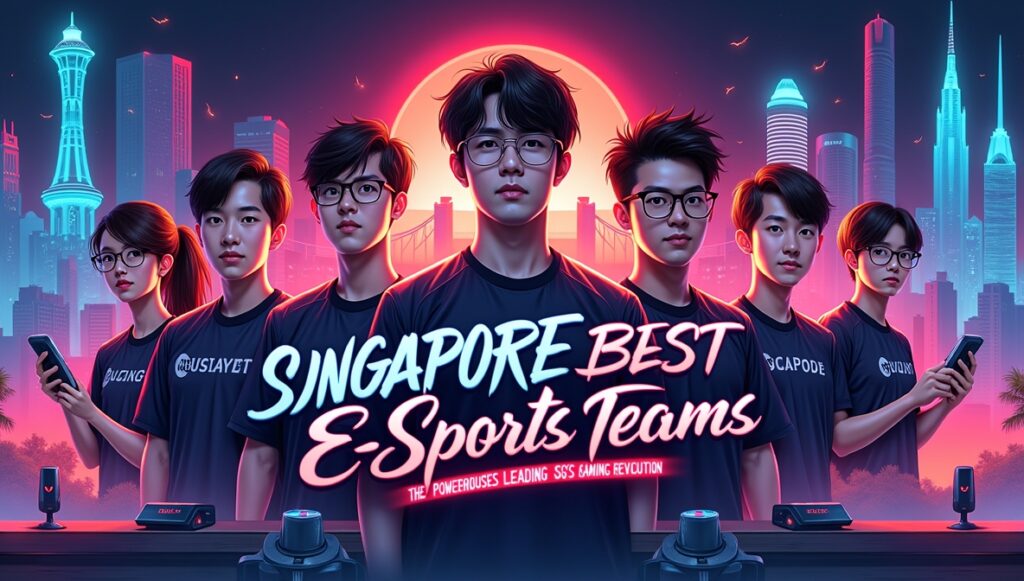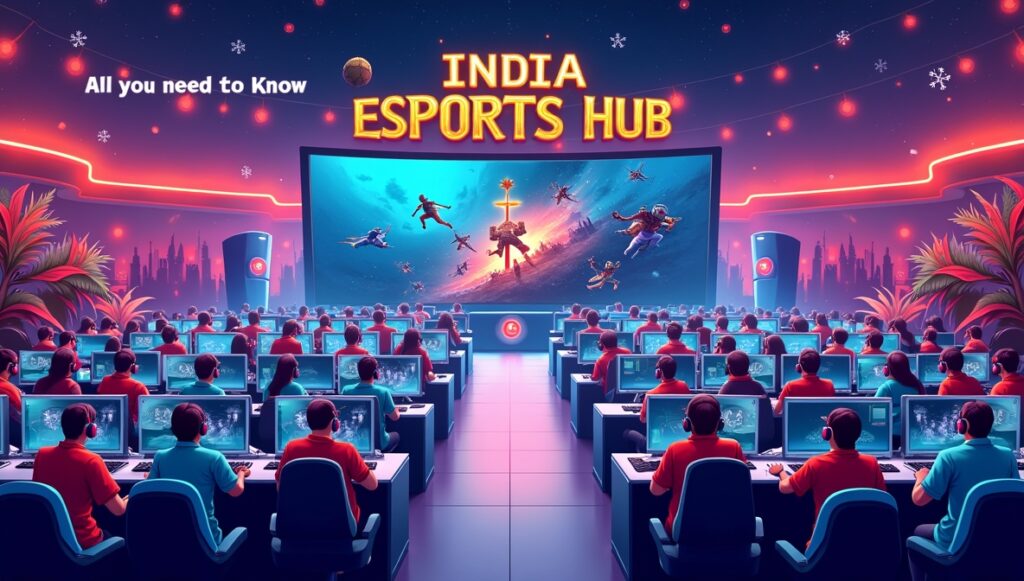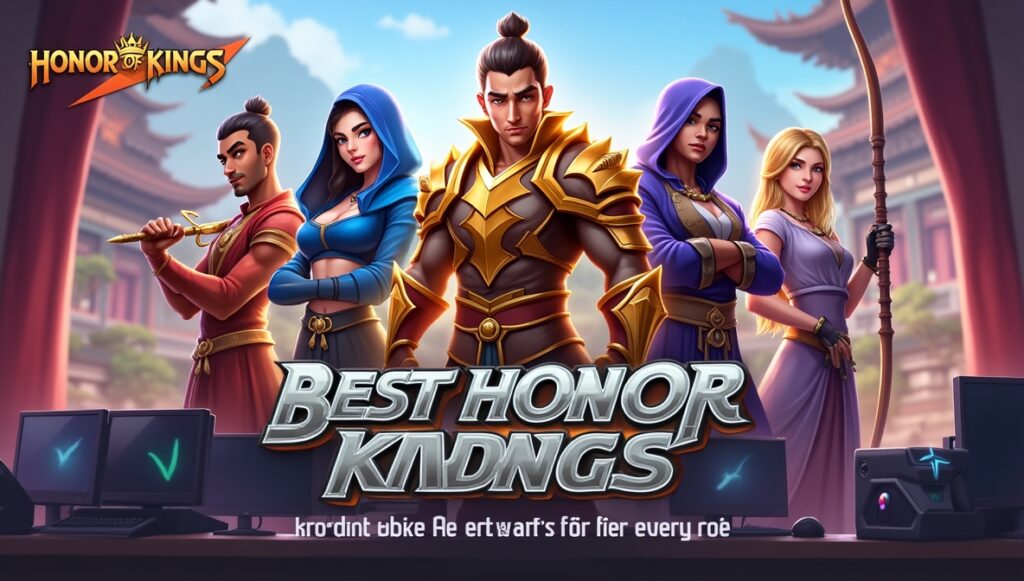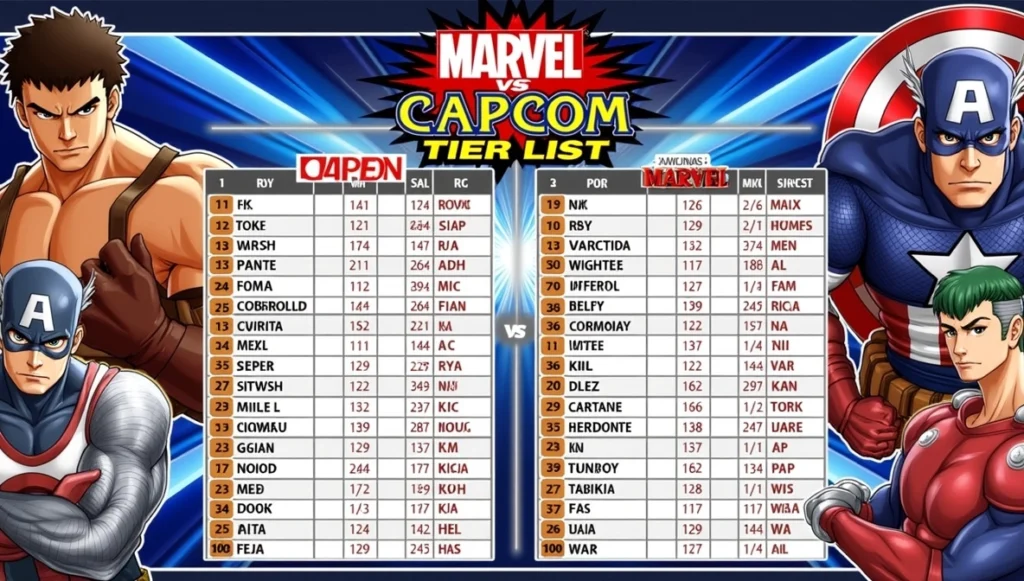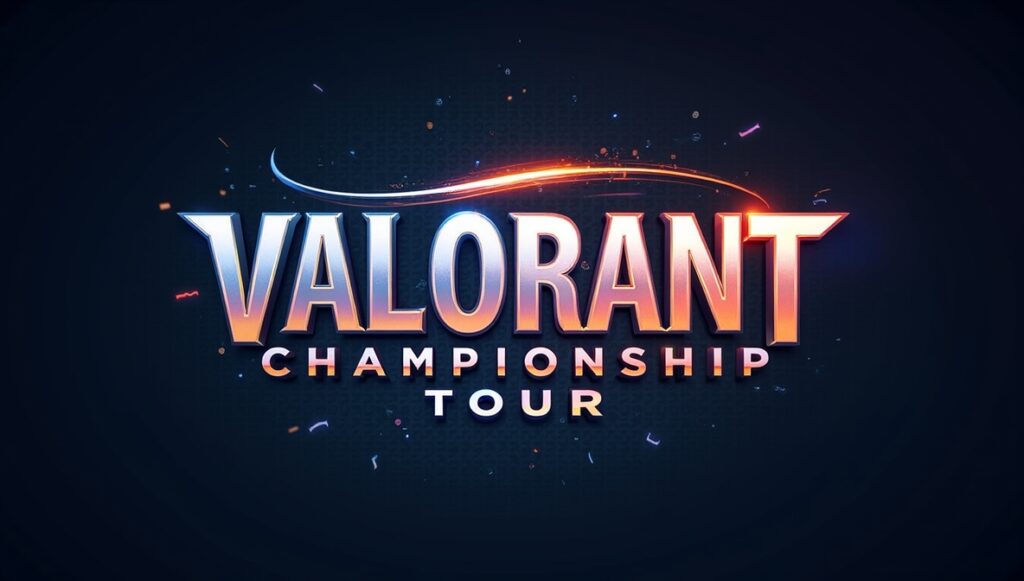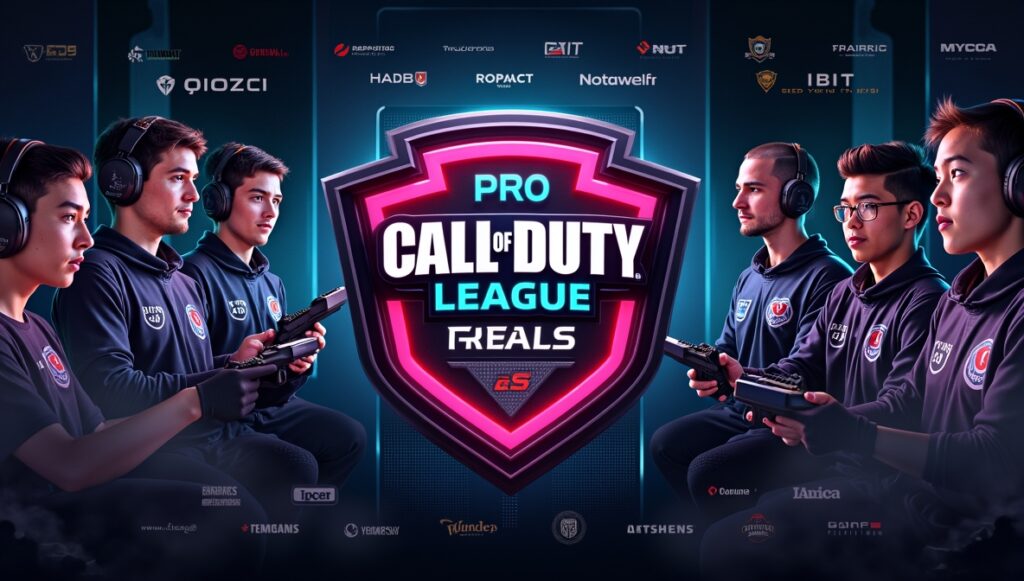The world of competitive gaming, once considered a niche hobby confined to small groups of dedicated players, has undergone an extraordinary transformation over the past decade. What was once a subculture thriving in basement setups and small-scale online tournaments has exploded into a global industry valued at billions of dollars, captivating millions of fans across continents. This rapid growth has been fueled by advancements in internet technology, the rise of streaming platforms such as Twitch and YouTube Gaming, and the increasing acceptance of esports as a legitimate form of competition and entertainment. Today, esports events fill massive arenas, attract huge online viewerships, and feature professional players who train rigorously like traditional athletes.
Among the numerous tournaments that define this expanding landscape, the Esports World Cup (EWC) has emerged as a landmark event that symbolizes the very pinnacle of competitive gaming. Often described as the “Olympics of Competitive Gaming,” the EWC goes beyond simply being another tournament; it represents the unification of esports under a global, multi-disciplinary banner that celebrates skill, strategy, national pride, and international camaraderie. The comparison to the Olympics is not just a marketing slogan but reflects deep parallels between these two monumental events, from their international reach and rigorous qualification processes to their multi-sport formats and the cultural significance they carry.
But what exactly sets the Esports World Cup apart, earning it this prestigious title? How has it managed to capture the imagination of millions and elevate esports to new heights? This article dives into the many facets that make the EWC the digital era’s answer to the Olympics, exploring its global scale, immense prize pools, diverse game lineup, and its role in bridging traditional sports and competitive gaming. Together, we’ll unpack why the Esports World Cup truly deserves to be called the Olympics of competitive gaming.
A Global Stage Uniting Nations and Players
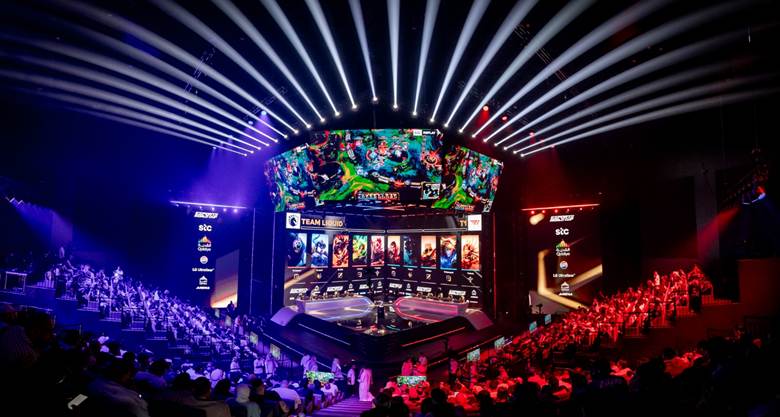
One of the defining traits of the traditional Olympics is its global nature; athletes from virtually every nation compete under their country’s flag. The Esports World Cup mirrors this by bringing together the best players from across the world, representing their countries in a wide array of popular games such as Valorant, Dota 2, Teamfight Tactics, and FIFA.
Unlike many esports tournaments that focus on individual teams or organizations, the EWC emphasizes national pride and international competition. This unique approach fosters a deeper connection between players and their fans, encouraging viewers to support their countries much like the Olympics do. The inclusion of multiple genres, from tactical shooters to MOBAs and sports games, also broadens its appeal and showcases the diverse talents within the global gaming community.
Unprecedented Prize Pools and Prestige
The Esports World Cup 2025 is set to offer a prize pool exceeding $70 million, making it one of the most lucrative events in competitive gaming history. This staggering sum not only attracts top-tier talent but also signals esports’ growing legitimacy as a professional sport.
Prize money is often a metric of a tournament’s importance. While legacy esports events like The International (Dota 2) and League of Legends World Championship have boasted enormous prize pools, the EWC’s multi-title format and national representation add layers of prestige that transcend money alone. Players don’t just compete for individual glory or team sponsorships; they compete to bring honor to their homeland, elevating the stakes in a way that echoes the Olympic spirit.
A Rigorous Qualification Process
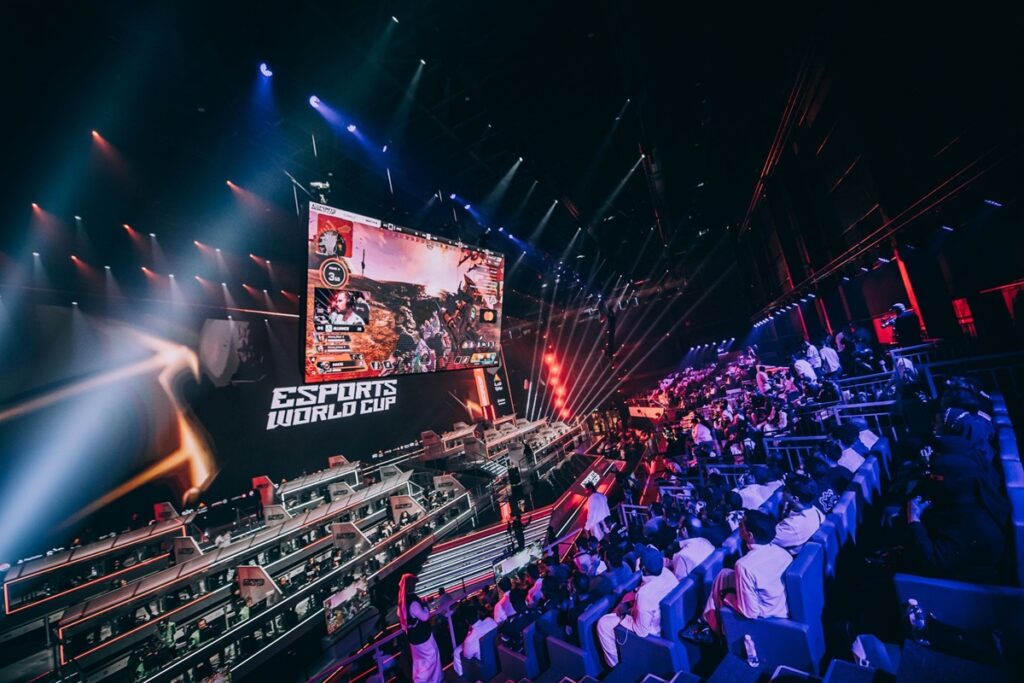
Just like Olympic athletes undergo intense national trials and continental qualifiers, participants in the Esports World Cup earn their spots through a demanding qualification system. Regional qualifiers ensure only the best players and teams advance, adding credibility and competitive integrity to the event.
This structure helps weed out underperformers and showcases the very best talent from every continent. It also creates compelling narratives and rivalries, reminiscent of Olympic stories where lesser-known nations sometimes produce breakthrough performances on the world’s biggest stage.
Inclusion of Multiple Esports Disciplines
The Olympics celebrate a wide range of sports, from swimming to gymnastics to track and field. Similarly, the Esports World Cup features multiple gaming titles spanning genres, reflecting the diversity of competitive gaming today.
For 2025, the lineup includes flagship games like Valorant (a tactical FPS), Dota 2 (a strategic MOBA), and Teamfight Tactics (an auto-battler), along with sports simulations like EA SPORTS FC 25. This multi-disciplinary approach draws fans with varied interests and showcases the multifaceted skills required across different esports genres.
Such variety strengthens the EWC’s claim as the esports Olympics by fostering cross-community engagement and broadening its audience base beyond single-game fan bases.
A Spectacle of Production Quality and Viewership
The Esports World Cup matches the Olympics in terms of production scale and viewer engagement. Hosted in iconic venues like Riyadh’s King Abdullah Sports City in 2025, the event features state-of-the-art broadcasting technology, immersive AR/VR graphics, and expert commentary to bring the action alive for millions worldwide.
EWC’s live broadcasts attract tens of millions of concurrent viewers across platforms like Twitch, YouTube, and regional streaming services, rivaling viewership numbers of traditional sports. This level of global reach and fan interaction is a testament to esports’ growing influence and its ability to engage audiences in ways the Olympics have perfected for decades.
Cultural Exchange and Global Unity
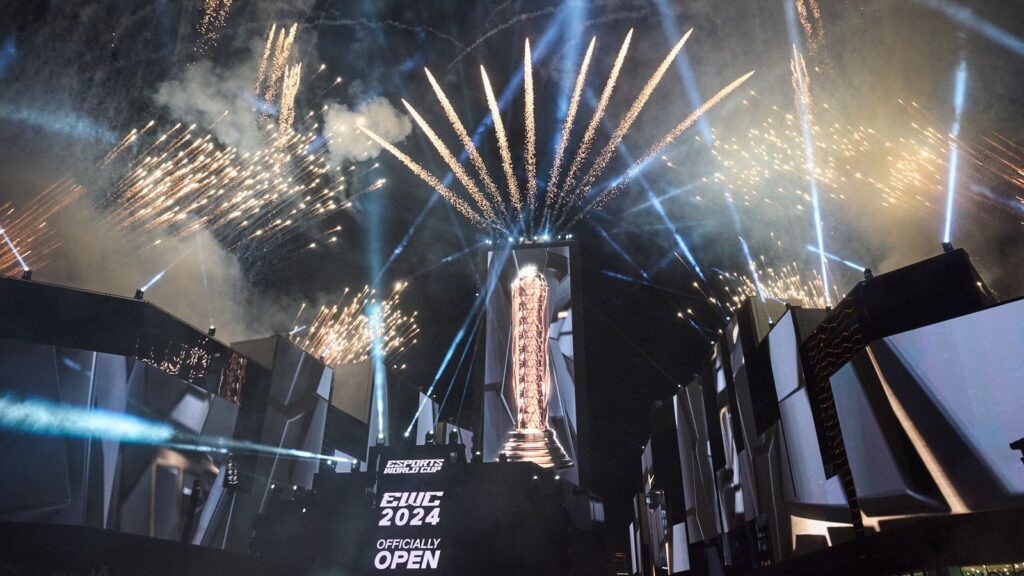
The Olympics have long been celebrated for promoting cultural exchange and global unity through sport. The Esports World Cup follows suit by fostering international friendships and cooperation among players and fans from diverse backgrounds.
The event often includes community festivals, workshops, and fan meetups, turning it into a cultural celebration beyond mere competition. Players share experiences, learn about new gaming strategies, and interact with international fans, creating bonds that transcend borders.
This human element elevates the EWC from a simple tournament to a global festival, emphasizing esports’ role in connecting youth and communities worldwide.
Government and Corporate Backing
The increasing involvement of governments and major corporations in the Esports World Cup further bolsters its Olympic stature. Saudi Arabia, as the 2025 host, has made esports a key pillar of its Vision 2030, investing hundreds of millions of dollars to develop infrastructure, talent, and events like the EWC.
Such official support parallels the way nations back Olympic athletes and invest in sports infrastructure. Corporate sponsorships from giants like Intel, Coca-Cola, and Red Bull add further legitimacy and resources, elevating the EWC’s status and ensuring it meets world-class organizational standards.
Promoting Sportsmanship and Fair Play
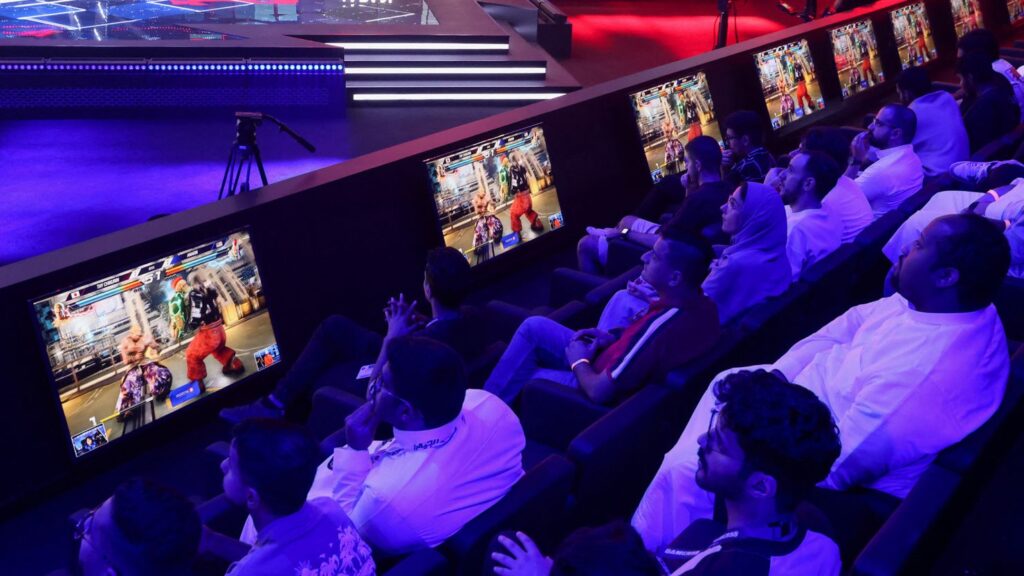
The Olympic Games are known for their strict adherence to fairness, anti-doping policies, and sportsmanship. The Esports World Cup has similarly implemented robust anti-cheating measures, including sophisticated software monitoring and player conduct rules.
Fair play is central to maintaining the event’s integrity and reputation. Players and teams are held to high standards, with penalties for violations ranging from disqualification to bans. This focus on ethics reinforces the EWC’s image as a clean, prestigious competition comparable to the Olympics.
Inspiring the Next Generation of Players
Just as the Olympics inspire millions of young athletes to pursue sports, the Esports World Cup serves as a beacon for aspiring gamers worldwide. The visibility of national teams competing at the highest level encourages grassroots esports development and motivates youth to train and compete.
Many countries now run national esports programs and academies modeled after Olympic training centers, nurturing talent from a young age. This ecosystem growth hints at esports’ long-term sustainability and the EWC’s role as the pinnacle of achievement for competitive gamers.
Bridging the Gap Between Traditional Sports and Esports

The Esports World Cup acts as a bridge linking the traditional sporting world and the digital competitive scene. Notably, major broadcasters covering Olympic Games like NBC and BBC have expanded to include esports content, often spotlighting the EWC during their programming.
Moreover, several Olympic committees have recognized esports as a legitimate sporting activity, exploring ways to incorporate them into future multi-sport events. The EWC’s format and scale provide a perfect model for how esports can integrate into the global sporting landscape while retaining its unique digital identity.
Conclusion: A New Era of Competitive Glory
The Esports World Cup encapsulates everything that makes the Olympics great: global participation, national pride, top-tier competition, and cultural celebration, but in a format that resonates with today’s digital generation. Its multi-game, multi-genre setup, enormous prize pools, and massive global viewership firmly establish it as the Olympics of competitive gaming.
As esports continues to grow in popularity and legitimacy, the EWC’s role as the ultimate competitive gaming event will only become more entrenched. It represents not just a tournament, but a global movement bringing players, fans, and nations together in celebration of skill, strategy, and sportsmanship.
For gamers and esports fans around the world, the Esports World Cup is more than just a competition; it’s a historic milestone marking the digital age’s version of the Olympics.
Go through the latest eSports Features via Tournova.
FAQs
How are teams selected to represent their countries in the Esports World Cup?
Each participating country typically organizes national qualifiers or trials where players and teams compete for a chance to earn a spot on their national roster. These qualifiers ensure that only the top talent represents their nation, maintaining a high level of competition and fairness.
What measures are in place to ensure fair play and prevent cheating at the Esports World Cup?
The EWC employs advanced anti-cheat technologies and monitoring software during all matches. Additionally, players must adhere to strict codes of conduct, and any violations, such as cheating, match-fixing, or unsportsmanlike behavior, can lead to penalties, including disqualification or bans.
Can fans attend the Esports World Cup events in person, and what kind of fan experiences are offered?
Yes, the Esports World Cup is held in major venues with live audiences, offering fans an immersive experience. Alongside the competition, there are fan festivals, interactive booths, merchandise stores, and opportunities to meet pro players, creating a vibrant community atmosphere beyond just watching the games.
